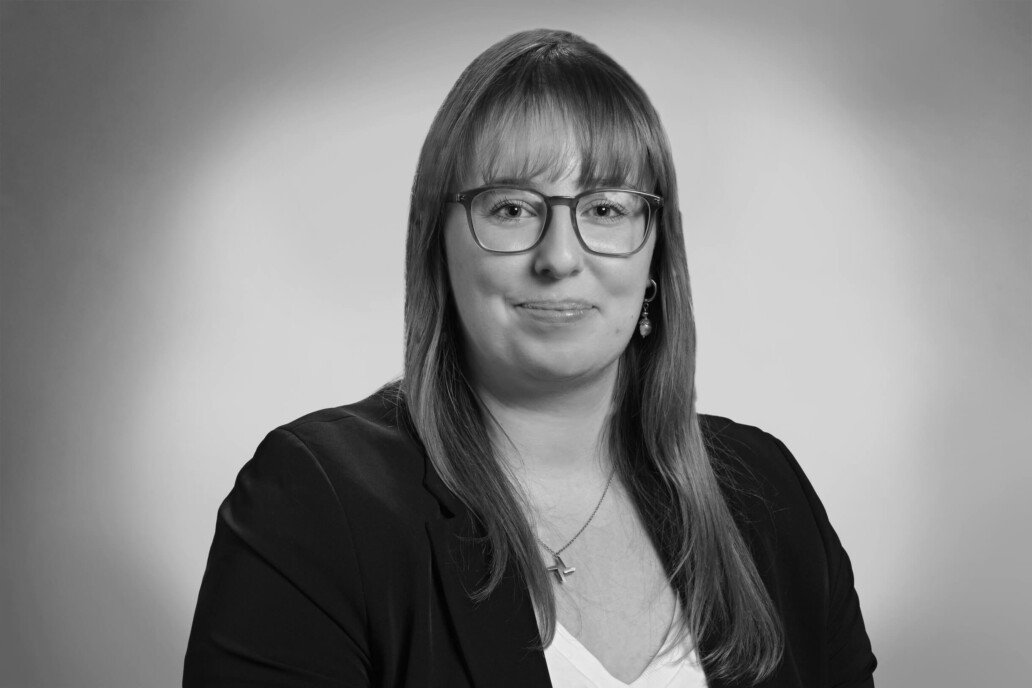Sarah Friese
Master of Science (M. Sc.)
INZIN Institut
Werdener Str. 4
40227 Düsseldorf
Tel.: +49 152 2832 2143
E-mail: sarah.friese(at)inzin.de

Vita
Sarah Friese, born in 1993 in Hildesheim, has been a scholarship holder and consultant at the INZIN Institute since May 2022 and is working on the project “Modellvorhaben der Raumordnung (MORO): Shaping climate change and the energy transition – preparatory study for the Spatial Planning Report 2024”. Previously, she was a junior project manager at the Thuringian Renewable Energy Network (ThEEN). As part of this competence network, she was responsible for the association’s work, the organization of specialist events and the project management of smart city and environmental heat projects. Mrs. Friese studied “Renewable Energy Management” at the Erfurt University of Applied Sciences from 2018 – 2020 after completing her Bachelor’s degree in “Industrial Engineering for Sustainable Technologies” in 2018.
Research topic
The spatial planning system in Germany is based on three levels: federal, state and regional. In accordance with Section 1 ROG, federal spatial planning provides the legal basis for regional planning based on guiding principles and principles. State planning specifies these requirements before regional planning adapts them to the regional parameters. The European level, which lays down binding guidelines, is superordinate to this. German spatial planning has a large number of planning instruments that have already been in use for several years, but an evaluation of the effectiveness of regional spatial planning after the end of the process rarely takes place. This raises the question of the extent to which nationwide strategies for renewable energies diffuse across the various planning levels and are reflected in spatial developments.
Supervision
First supervisor: Prof. Dr. Martin Faulstich, TU Dortmund University
Place of doctorate: TU Dortmund
Keywords
Spatial planning, spatial strategies, renewable energies, land development
